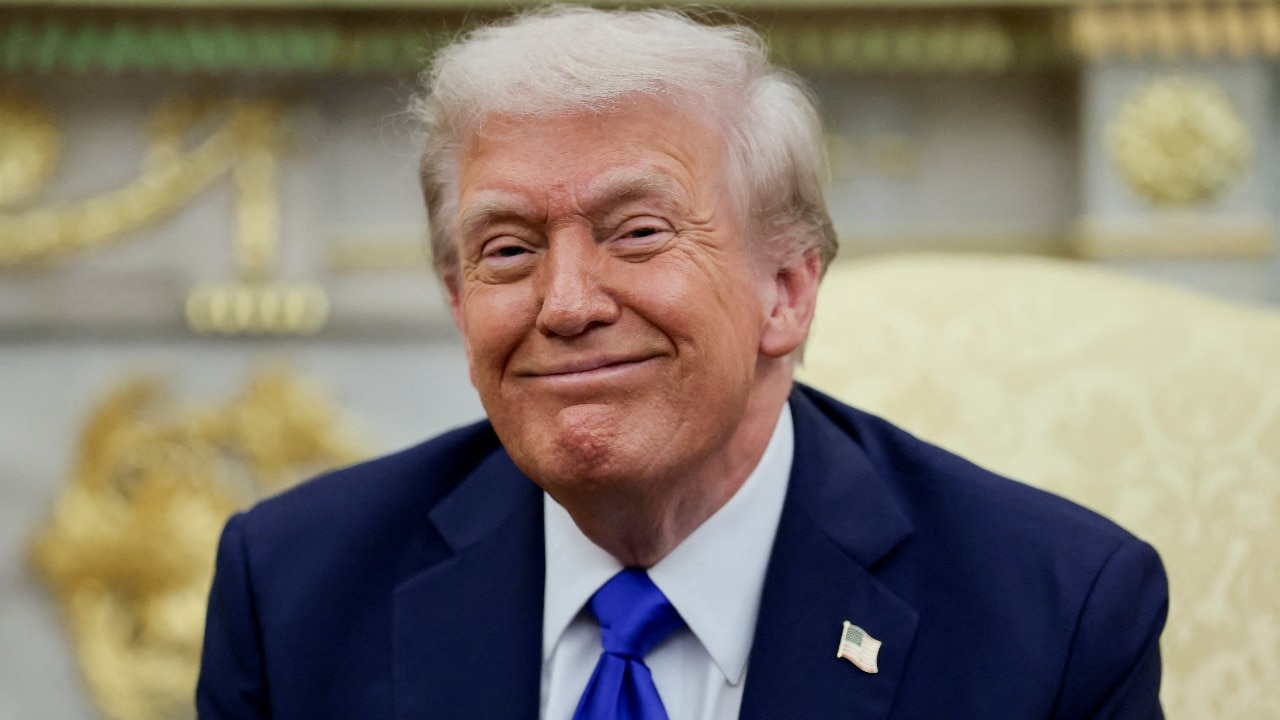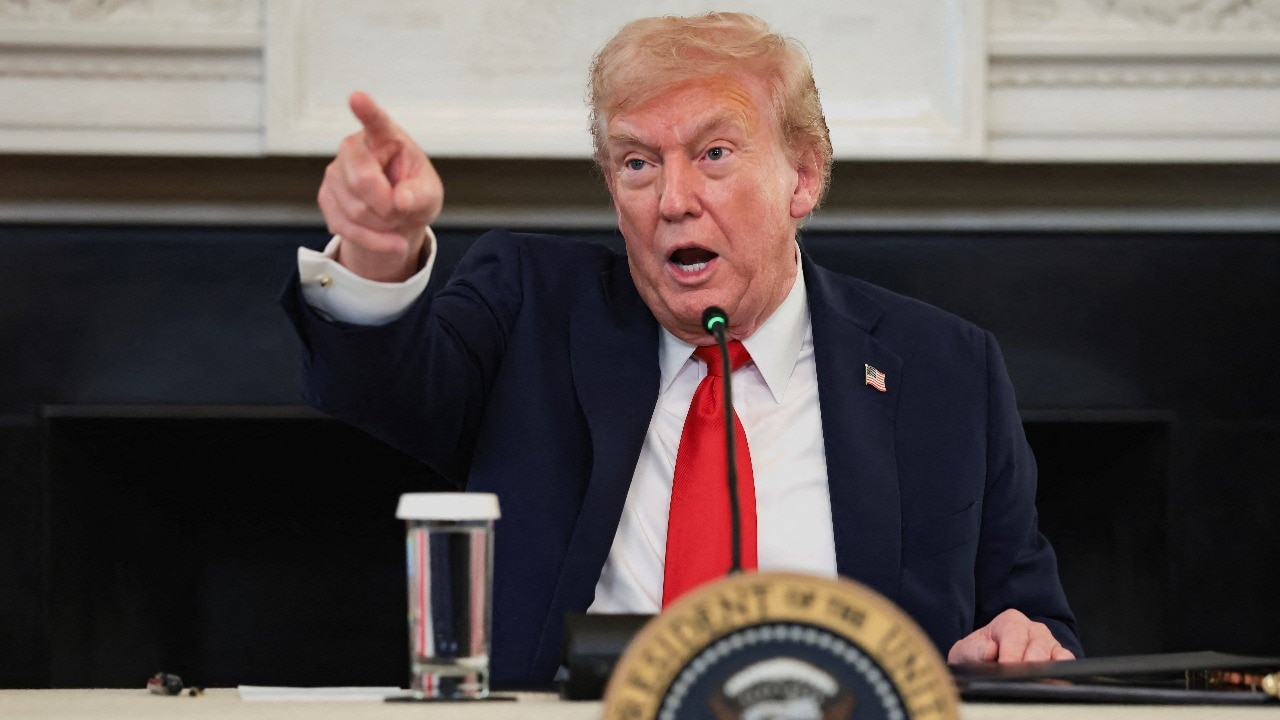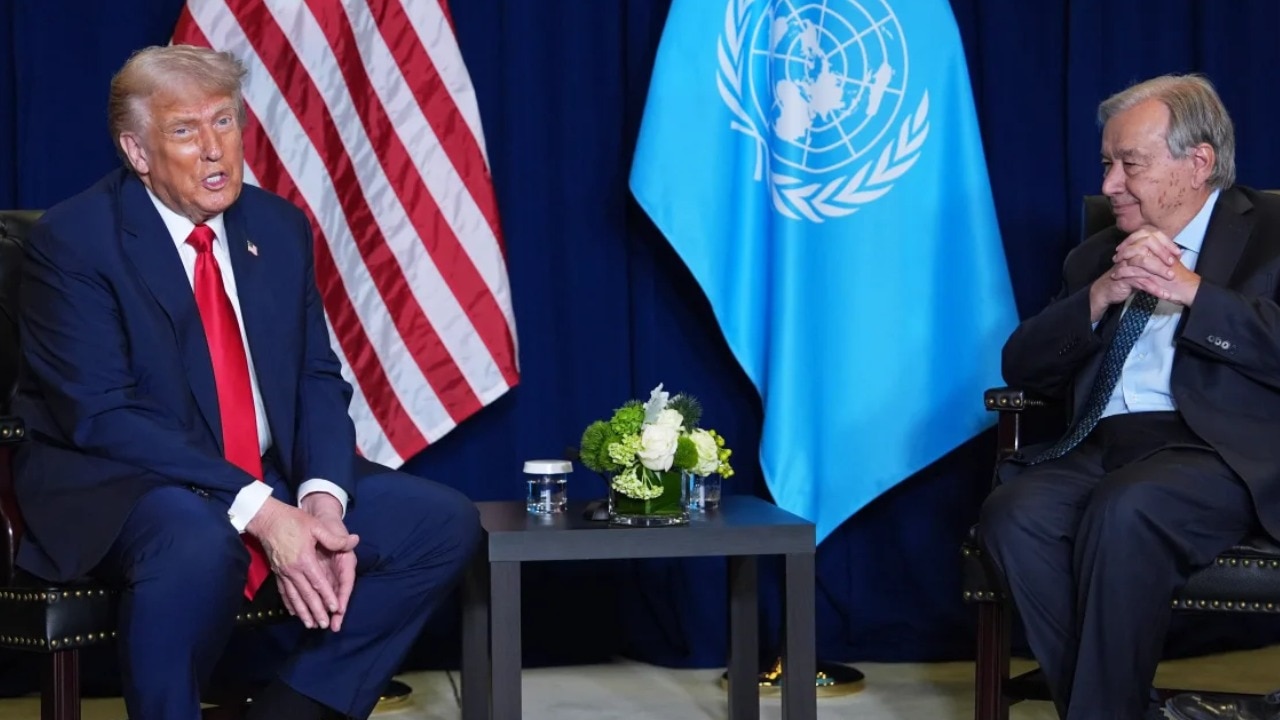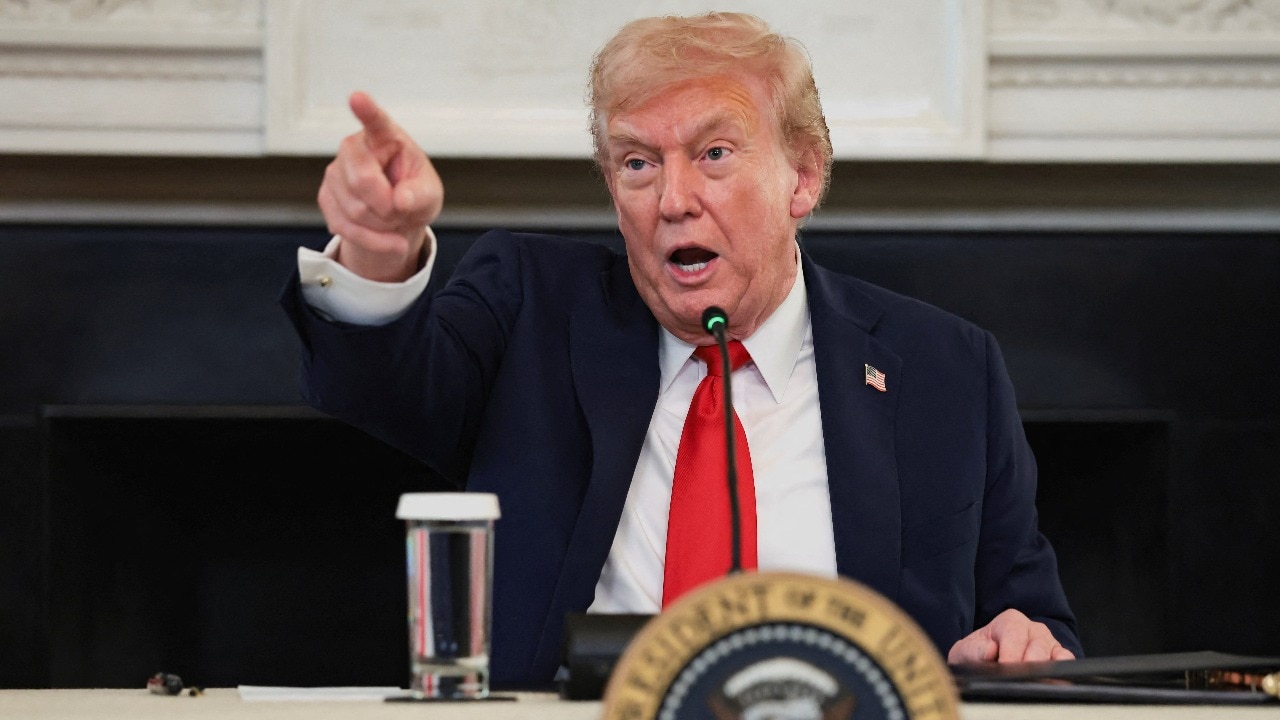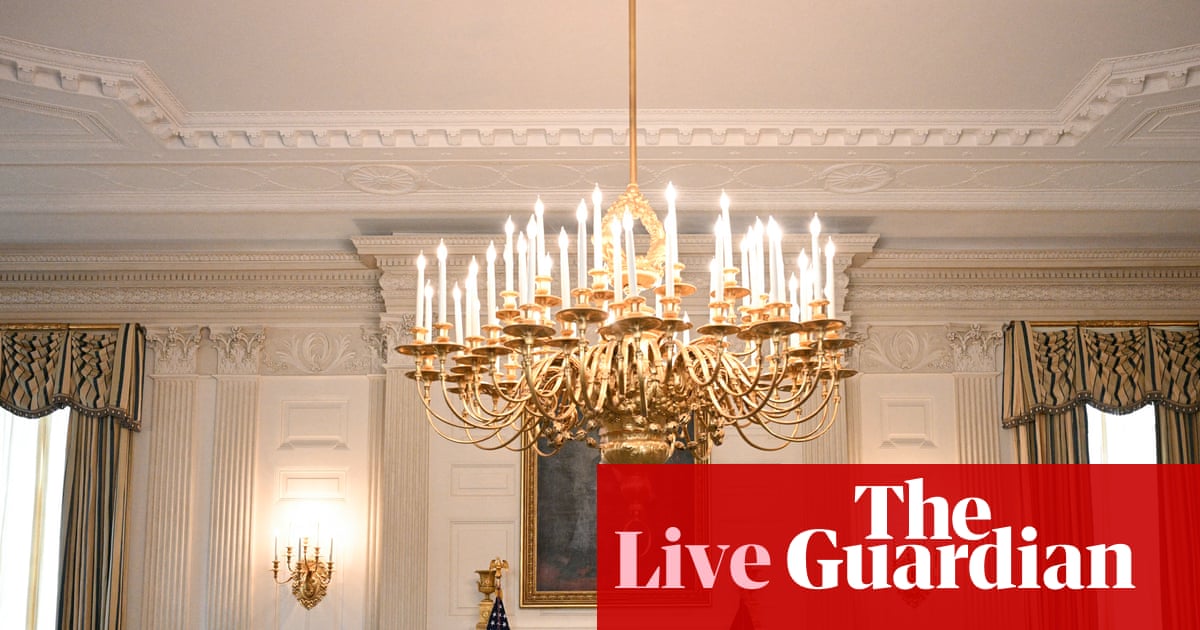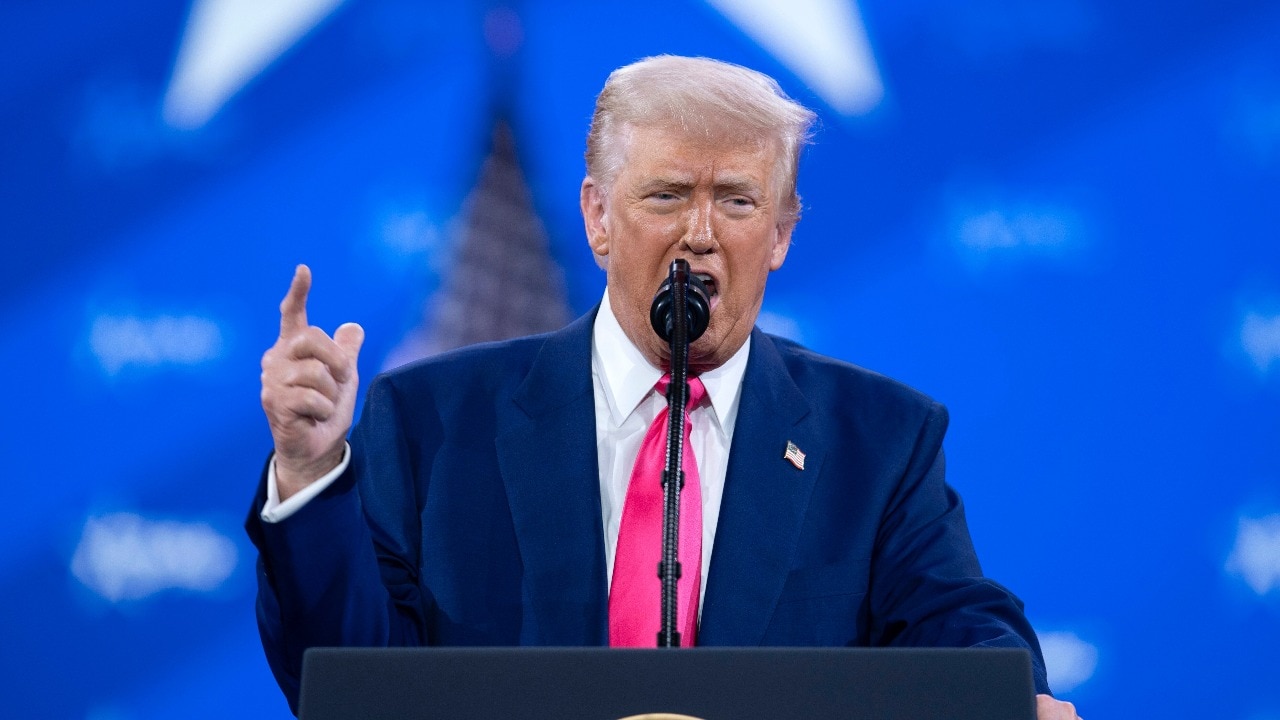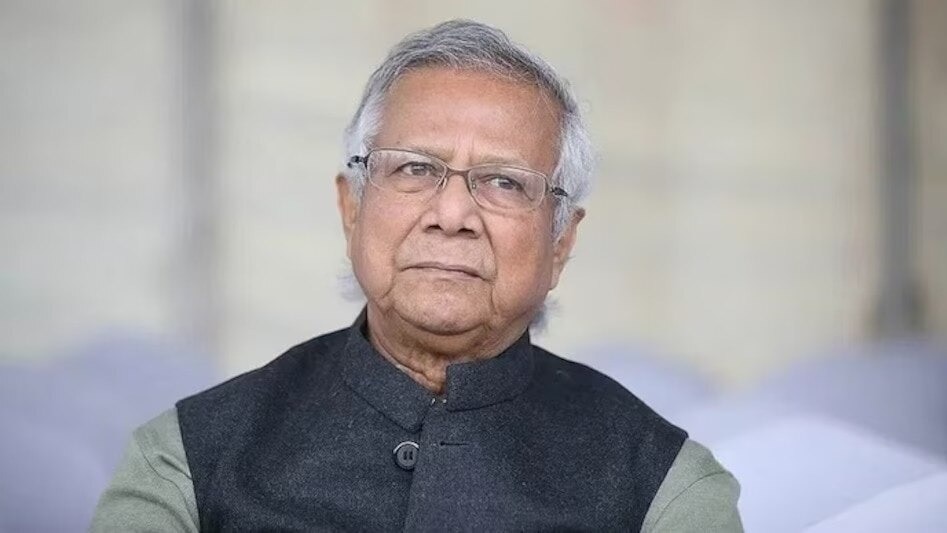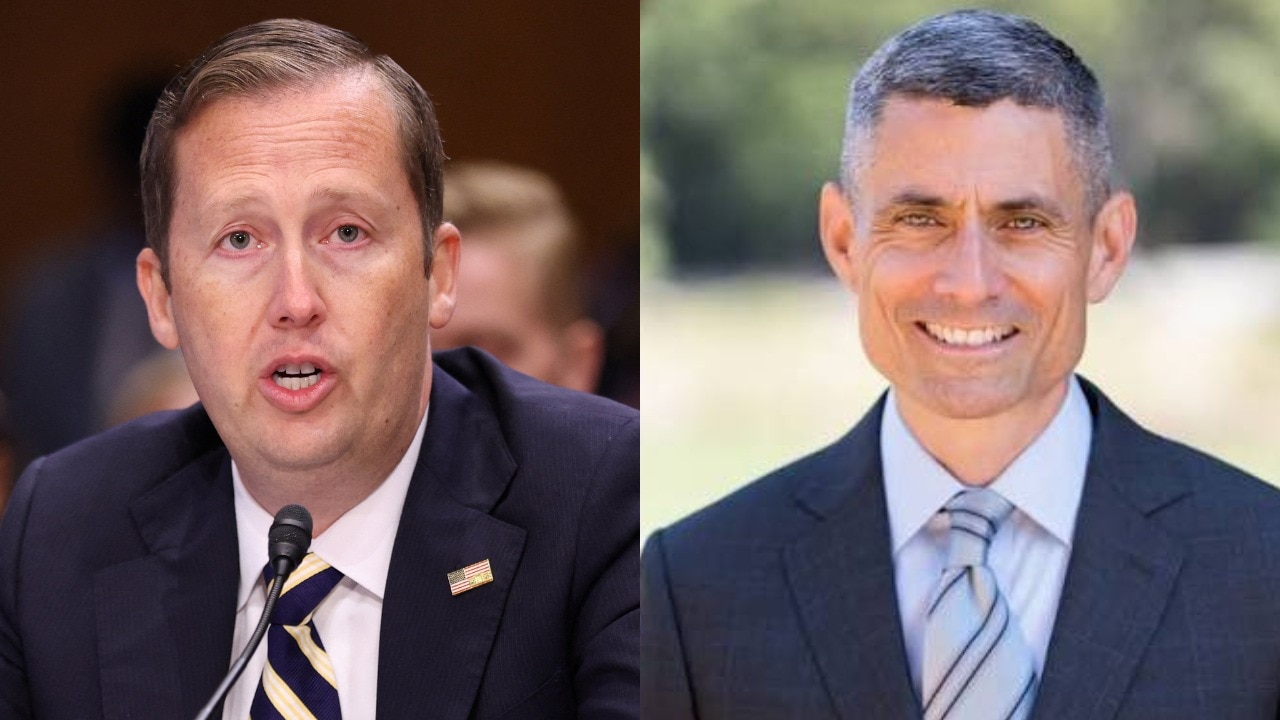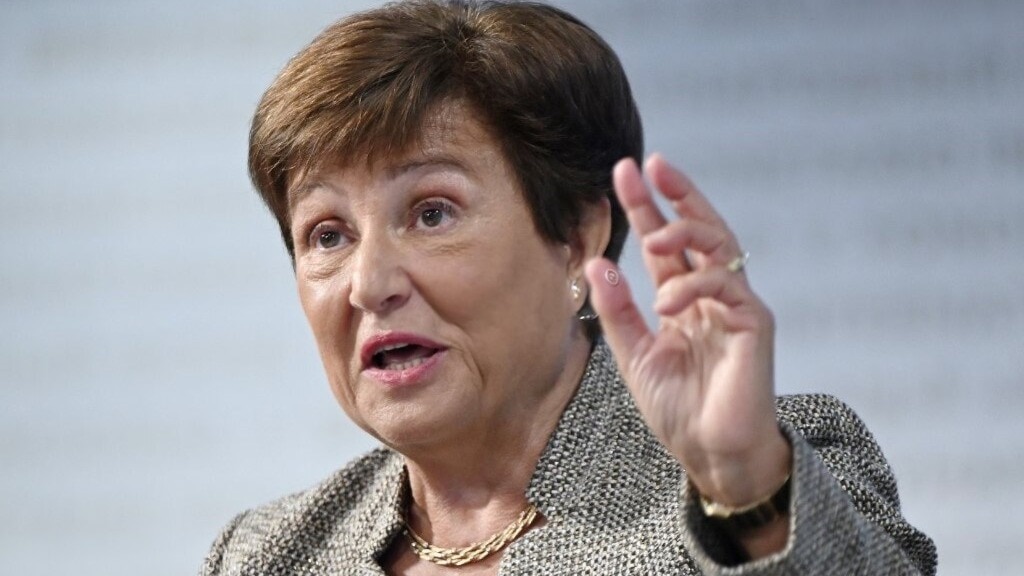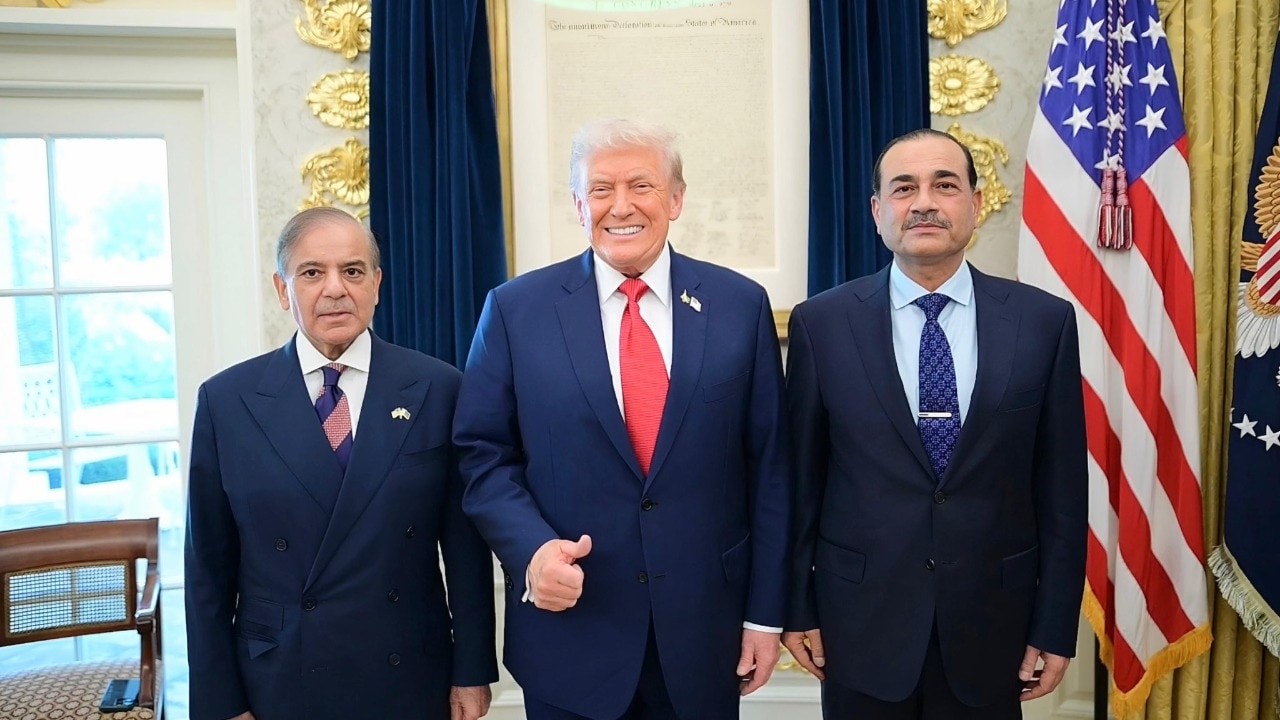The United States stands on the precipice of an unprecedented financial crisis as Bank of America warns that up to $41 trillion in foreign-held American assets could flee the country.

Bank of America warns: $41 trillion in US assets fleeing (Photo: File)
The United States stands on the precipice of an unprecedented financial crisis as Bank of America warns that up to $41 trillion in foreign-held American assets could flee the country. This staggering figure represents roughly a third of US equity and bond markets, encompassing stocks, corporate and government bonds, real estate, and reserves.
The warning signs are already materialising. By early 2025, foreign investors had withdrawn $6.5 billion in a single week, whilst an additional $8.9 billion in investments remained frozen amid mounting uncertainty. This exodus stems from political turmoil, unpredictable trade policies, and soaring national debt exceeding $37 trillion.
President Trump's re-election in 2025 marked a critical turning point. His administration implemented aggressive tariffs ranging from 10-50% on goods from over 60 countries, including major trading partners such as China, India, the EU, and Mexico. Whilst these measures aimed to force foreign companies to establish operations within America, they have instead triggered retaliatory tariffs, disrupted supply chains, and created an investment environment plagued by uncertainty.
The administration's approach extends beyond trade policy. Trump's public attacks on the Federal Reserve and efforts to undermine its independence have raised serious concerns about US governance. The "America First" doctrine signals a retreat from multilateral cooperation, prioritising domestic political gains over established alliances and investor protections.
Major players are responding accordingly. China has dramatically reduced its holdings of US Treasury securities, whilst Saudi Arabia quietly reallocates assets away from dollar-denominated investments. Central banks worldwide are rebalancing reserves, moving towards euros, yuan, and gold as the dollar's share of global reserves sinks to multi-decade lows.
The implications extend far beyond Wall Street. Foreign capital withdrawal threatens to crash stock prices and bond values, whilst interest rates would soar, affecting millions of retirement accounts. Key sectors including technology, artificial intelligence, biotechnology, and green energy—all dependent on foreign investment—face potential job losses and reduced innovation funding.
Emerging economies across Asia and Europe stand ready to capture this redirected capital, offering more stable investment climates and predictable trade policies. As America grapples with this crisis of confidence, the fundamental question remains: can the US restore trust and maintain its financial dominance, or will it witness the beginning of its economic decline?
- Ends
Published By:
indiatodayglobal
Published On:
Aug 12, 2025

 1 month ago
1 month ago





